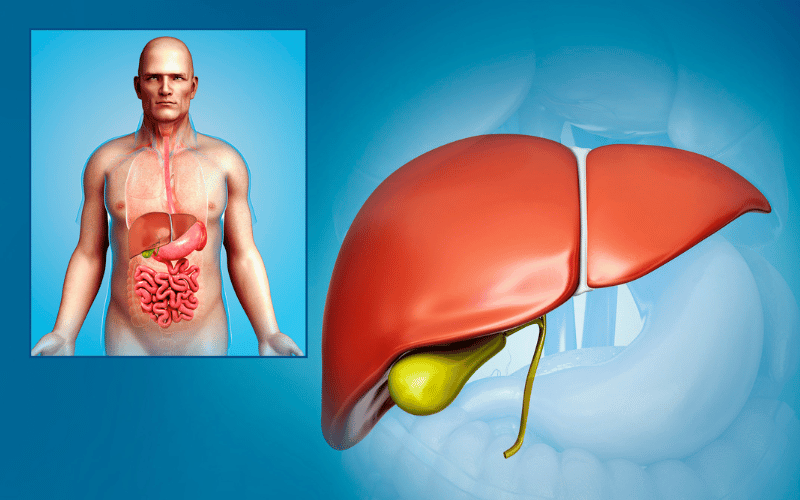Introduction: Time to Take Charge of Your Health

When it comes to your health, there’s no room for ignorance or neglect. Gallbladder cancer, a relatively uncommon but serious illness, often manifests itself through a variety of symptoms that are easy to dismiss. Unfortunately, this oversight could cost you, as early detection can make a significant difference in treatment outcomes. This article is here to help you stay informed and vigilant.
Gallbladder cancer is deceptive. Its initial symptoms can easily masquerade as less severe ailments. You might chalk it up to a stomach ache, a minor infection, or even stress. But these seemingly benign symptoms can signify something far more severe. That’s why it’s crucial to understand what these early symptoms look like. Knowledge is your first line of defense.
This isn’t just another listicle—it’s a life-essential rundown. We’ll explore 10 key symptoms of gallbladder cancer that you absolutely cannot afford to ignore. From general discomfort to more severe warning signs, each symptom will be dissected to give you a thorough understanding of what to look out for.
By arming yourself with this information, you’re not just safeguarding your health; you’re taking an active role in your well-being. It’s not about sowing the seeds of paranoia; it’s about nurturing a garden of awareness. Because let’s face it, when it comes to matters as critical as gallbladder cancer, it’s better to be safe than sorry.
So, let’s dive in and equip you with the knowledge you need. Keep your eyes peeled and your mind open as you read through this critical list of symptoms, and remember—your health is in your hands. Stay informed, stay alert, and always consult a healthcare provider if you experience any of the following symptoms.
1. Abdominal Pain: The Insidious Alarm of Gallbladder Cancer

Abdominal pain associated with gallbladder cancer often starts subtly. Unlike common stomachaches that come and go, this discomfort lingers, frequently radiating towards the upper back. It’s not the kind of pain you can easily shrug off; rather, it demands to be felt. This pain often begins in the upper right abdomen and may extend to areas like the back and the shoulder blades. Interestingly, the pain’s intensity doesn’t always correspond with the severity of the condition, making it an unreliable gauge for self-diagnosis.
Over time, this abdominal pain could become more localized. For some, it can escalate into a sharp stabbing sensation; for others, it manifests as a dull, lingering ache. The elusive nature of this pain makes it quite tricky to pinpoint. It’s akin to a wolf in sheep’s clothing, often mistaken for non-threatening conditions like indigestion or menstrual cramps.
Statistics have shown a correlation between extended abdominal pain and the stages of gallbladder cancer. Early-stage cancers may produce mild discomfort, while late-stage cancers are often more aggressive in symptom manifestation. The absence of pain doesn’t rule out gallbladder cancer, though. Silent cases do occur, making it a true medical enigma.
Here’s where things get a bit scientific. The abdominal pain can arise from the gallbladder wall itself, affected by the tumor’s growth. The tumor could stretch the gallbladder, activating nerve endings and triggering pain signals. In extreme cases, if the tumor blocks the bile ducts, the build-up of bile can cause intense discomfort. (1)